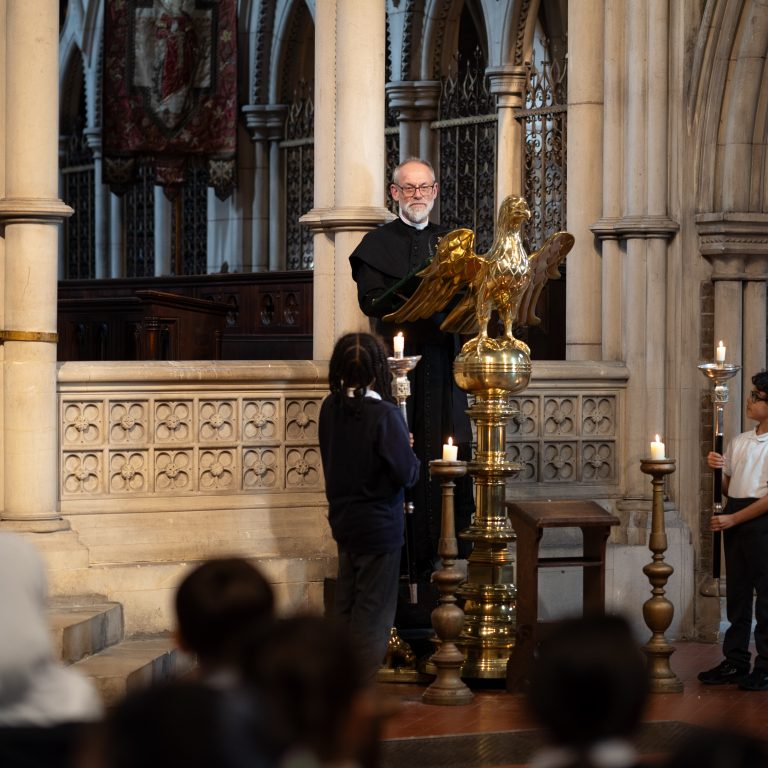At St Augustine’s, we use a restorative approach to create a positive learning environment where children learn and practice the skills to regulate their own behaviour and learning. We focus on repairing harm rather than punishing the pupil. This allows all children involved in a behaviour incident to help resolve the conflict and address the root of the problem. It can help to strengthen relationships and improve learning, while reducing bullying and the need for sanctions.
Restorative approaches are based on the five Rs:
- Relationships – building positive relationships built on trust and mutual understanding
- Respect – for everyone by listening to other opinions and learning to value them
- Responsibility – taking responsibility for your own actions
- Repair – ensuring that all members of our school community have the skills necessary to identify solutions that repair harm
- Re-Integration – working through a structured, supportive process that resolves the issue and ensures that behaviours are not repeated, which allows children to remain in mainstream education.
Restorative approaches encourage children to think about how their behaviour has affected others, both pupils and staff. It helps children to develop respect, responsibility and honesty. Restorative Justice helps to make our school a happier place, where the focus is on learning not conflict. We want children to feel safe and respected and to know that, when things go wrong, we will do everything we can to help put it right.


